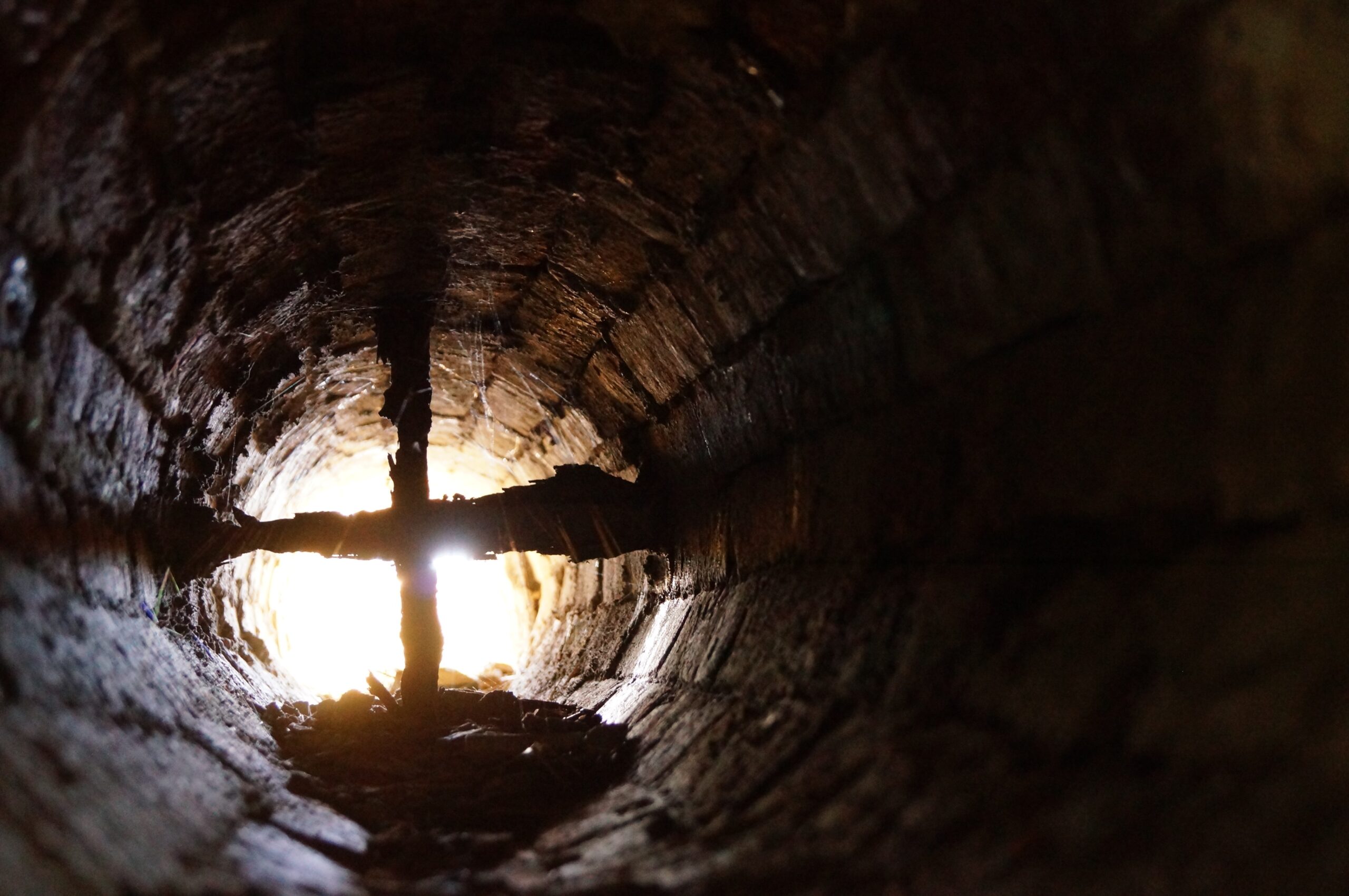
What is Geotechnical Engineering and its Importance?
As a geotechnical engineer, I am often asked about my profession and what exactly it entails. Geotechnical engineering is an important field that is involved in a wide range of industries, including construction, mining, and environmental engineering. In this article, I will explain what geotechnical engineering is, its importance, and the role of a geotechnical engineer.
Introduction
Geotechnical engineering is a branch of civil engineering that deals with the study of soil, rock, and their properties.
It involves the analysis, design, and construction of structures that are built on or in the ground. The main aim of geotechnical engineering is to ensure that structures are safe, stable, and durable.
What is Geotechnical Engineering?
Geotechnical engineering involves the application of soil mechanics and rock mechanics to the design and construction of structures.
It deals with the behavior of soil and rock under different conditions, such as varying loads, moisture content, and temperature. Geotechnical engineers analyze the properties of soil and rock to determine their suitability for construction purposes.
Geotechnical engineering also involves the assessment of the risks posed by natural hazards such as earthquakes, landslides, and floods. Geotech engineers use their knowledge of soil mechanics and rock mechanics to design structures that can withstand these hazards.
The Importance of Geotechnical Engineering
Geotechnical engineering is an important field that plays a critical role in the design and construction of structures. The properties of soil and rock can vary significantly from one location to another, and geotechnical engineers must consider these variations when designing structures.
Failure to account for these variations can result in structural failure and loss of life.
Geotechnical engineering is also important in the assessment and management of natural hazards. By understanding the behavior of soil and rock under different conditions, geotechnical engineers can design structures that are resilient to natural hazards such as earthquakes and landslides.
Geotechnical Engineering in Construction
This engineering is an integral part of the construction industry. Geotechnical engineers are involved in the design and construction of buildings, bridges, tunnels, and other structures.
They analyze the soil and rock properties to determine the stability of the ground and the suitability of the location for construction.
They also design the foundations of structures to ensure that they are stable and durable.
Geotechnical engineers are also involved in the assessment of existing structures. They assess the stability of the ground and the foundations of structures to determine whether they are at risk of failure.
If a structure is found to be at risk, geotechnical engineers can recommend remedial measures to ensure its stability.
Geotechnical Engineering in Mining
Geotechnical engineering is also important in the mining industry. Mining activities often involve the excavation of large quantities of soil and rock, which can destabilize the surrounding ground.
Geotechnical engineers are involved in the design of the mines and the stability of the excavated slopes. They also assess the risk of natural hazards such as landslides and rockfalls.
Geotechnical engineers are also involved in the management of mine waste. They assess the properties of the waste material and design structures to contain it safely.
Geotech Engineering in Environmental Engineering
Geotechnical engineering is important in environmental engineering as well. Geotechnical engineers are involved in the design and construction of landfills, waste disposal facilities, and other structures that are used to manage waste.
They assess the properties of the soil and rock to determine their suitability for waste management purposes.
Geotechnical engineers are also involved in the assessment and management of contaminated land.
They assess the properties of the soil to determine the extent of contamination and design remedial measures to clean up the site.
The Role of a Geotechnical Engineer
The role of a geotechnical engineer is to ensure that structures are safe, stable, and durable. Geotechnical engineers are involved in the design and construction of structures, as well as the assessment of existing structures. They use their knowledge of soil mechanics and rock mechanics to determine the properties of the ground and the suitability of the location for construction.
Geotechnical engineers also assess the risks posed by natural hazards such as earthquakes and landslides.
They design structures that can withstand these hazards and recommend remedial measures for existing structures that are at risk.
Techniques and Methods
Geotechnical engineering involves a range of techniques and methods for analyzing the properties of soil and rock. These techniques include drilling, sampling, and testing of soil and rock samples. Geotechnical engineers also use geophysical methods to assess the properties of the ground. Geotechnical engineers use computer models to simulate the behavior of soil and rock under different conditions. These models are used to design structures that are safe and stable. You can watch this video to know the geotechnical hazards involved in mining activity- https://www.youtube.com/watch?v=8oDVvXo9WJM&t=3s
Education and Qualifications for Geotechnical Engineers
Geotechnical engineering is a specialized field that requires a strong background in civil engineering, soil mechanics, and rock mechanics.
Most geotechnical engineers have a bachelor’s degree in civil engineering, with a focus on geotechnical engineering but some have a master’s degree or a PhD in geotechnical engineering.
Geotechnical engineers must also be licensed in order to practice. Licensing requirements vary by state and country, but typically involve passing an exam and meeting certain education and experience requirements.
Conclusion
Geotechnical engineering is an important field that plays a critical role in the design and construction of structures. Geotechnical engineers use their knowledge of soil mechanics and rock mechanics to ensure that structures are safe, stable, and durable.
They are involved in the design and construction of buildings, bridges, tunnels, and other structures, as well as the assessment of existing structures.
If you have any questions about geotechnical engineering or its importance, please feel free to contact me. You can read this article also to know the geotechnical works in the areas of mining- https://waartsy.com/geotechnical-work-in-the-areas-of-mining/
![]()
